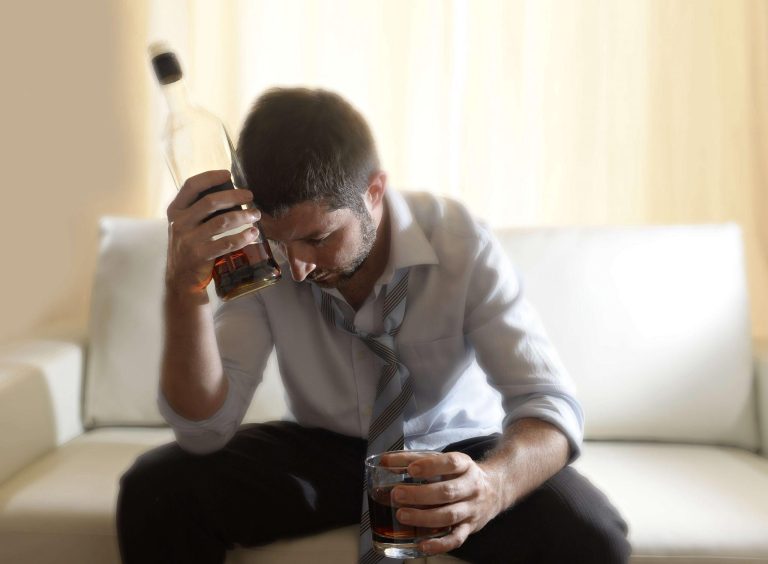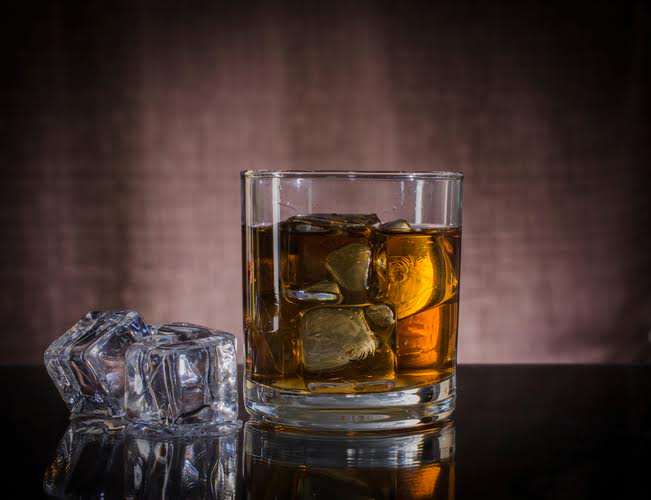While not a condition itself, brain fog can significantly impact cognitive abilities and daily functioning. Given alcohol’s short- and long-term effects on the brain, it’s perhaps unsurprising to learn that we can get that lethargic, dull mental state we refer to as brain fog after drinking. In fact, one study found that hangovers have a negative effect on cognitive functions, including visual, memory, and intellectual processes. Another study noted that people are generally less alert when they’re hungover. Therapy and counseling can http://www.musenc.ru/html/s/spiri4u6l.html help tackle the root causes of alcohol addiction and brain fog.
How Does Alcohol and Brain Fog Impact Early Sobriety?
This initial phase of sobriety can be invigorating and is often referred to as the “pink cloud”—a period that feels a little like you’ve found a unicorn. You may find relief by improving your diet and sleep regimen, adding creativity to your daily life, and taking proper (phoneless!) breaks throughout the day. Binge drinking is defined as drinking 4 or more drinks (for females) or 5 or more drinks (for males) in 2 hours.

Find Alcohol Addiction Rehab
Some individuals may only experience mild withdrawal symptoms, while others may face more severe challenges. Therefore, it is crucial to seek professional guidance and support throughout the alcohol detox process. The symptoms of https://dublindecor.net/home-improvement/cuisine-from-natural-massif.html brain fog during alcohol withdrawal can vary from person to person. Insomnia, tremors, increased blood pressure, anxiety, and confusion are commonly reported. These cognitive disturbances can be distressing and may persist throughout the withdrawal period.
- During brain fog, you may experience any or all of the following symptoms.
- Binge drinking is defined as drinking 4 or more drinks (for females) or 5 or more drinks (for males) in 2 hours.
Eating a healthy diet
The Reframe app equips you with the knowledge and skills you need to not only survive drinking less, but to thrive while you navigate the journey. Our daily research-backed readings teach you the neuroscience of alcohol, and our in-app Toolkit provides the resources and activities you need to navigate each challenge. Brain fog can be caused by various factors, such as lack of sleep, stress, malnutrition, medication, neuroinflammation, and the use of certain substances, such as alcohol. When you have your first drink of alcohol, it often causes a release of dopamine, serotonin, and other hormones since it triggers your brain’s pleasure centers. Plus, if you have several drinks in one night, it takes the liver a while to remove it from your bloodstream. It usually takes about one hour for the liver to process one ounce of alcohol.
- Once the levels of alcohol in your body decrease, withdrawing from the substance can cause fatigue, headache, vertigo, hangxiety, and other symptoms of brain fog.
- At United Recovery Project, our holistic approach to addiction treatment centers around addressing and healing theunderlying issues at the root of addiction.
- Many different thoughts may flood into their mind, and a person may not know where their thoughts are coming from.
- For instance, the prefrontal cortex – an area involved in planning and decision-making – may become less active, making it harder for people with AUD to make healthy decisions.
Slowed Brain Activity
There is no exact timeline for alcohol withdrawal, and individual factors, such as the level of dependence on alcohol, will influence it. Alcohol withdrawal symptoms range from mild but annoying to severe and life-threatening. In a 2019 study, researchers showed that quitting alcohol had a positive effect on most people’s mental well-being.
These changes contribute to cognitive impairments, including brain fog. The severity and duration of brain fog can vary depending on the individual’s alcohol consumption history and the duration of withdrawal. The effects of withdrawal will place a lot of stress on the body and mind. Other symptoms like increased fatigue, insomnia, and anxiety can all make brain fog more likely to occur during the alcohol detox process. Many who are detoxing even start to feel strong cravings for alcohol since drinking will help them feel better in the short term.

- Many people find staying in an inpatient facility helpful because they can avoid the places they used to drink in.
- Avoiding alcohol is the best way to treat these conditions and relieve symptoms.
- If you think you or someone you know may be struggling with alcohol addiction, it is vital to seek professional help as soon as possible.
- If you are ready to learn more about alcohol addiction treatment, American Addiction Centers (AAC) is ready to help.
Knowing the https://wellautospb.ru/kuzov/ushedshie-iz-zhizni-muzykanty-v-godu-znamenitosti-kotorye-pokinuli.html cause of your symptoms can help determine if you need specific treatment or lifestyle and medication adjustments to help with brain fog. However, there are many ways to manage brain fog, including getting adequate sleep, nutrition, and social time; managing stress; and addressing any underlying contributing factors like ADHD or depression. Brain fog after drinking usually lessens within 8 to 24 hours.3 However, the timeframe can be longer for people who experience cognitive impairment as a result of alcohol use disorder. Limiting alcohol consumption or eliminating it entirely can help prevent brain fog.
Factors Influencing Brain Fog Recovery Time
For instance, try brushing your teeth with the opposite hand for a week, read a book that’s not your go-to genre, or take a different route to work. Think of it as retraining a muscle group for a specific type of physical exercise. Here are 5 simple and practical ways to get your brain back on track during recovery. Brain fog is a temporary condition that can make it difficult for you to concentrate, recall or retain information, and complete tasks. We exist in a culture where it’s socially acceptable to consume caffeine and alcohol, especially in moderation.
コメント